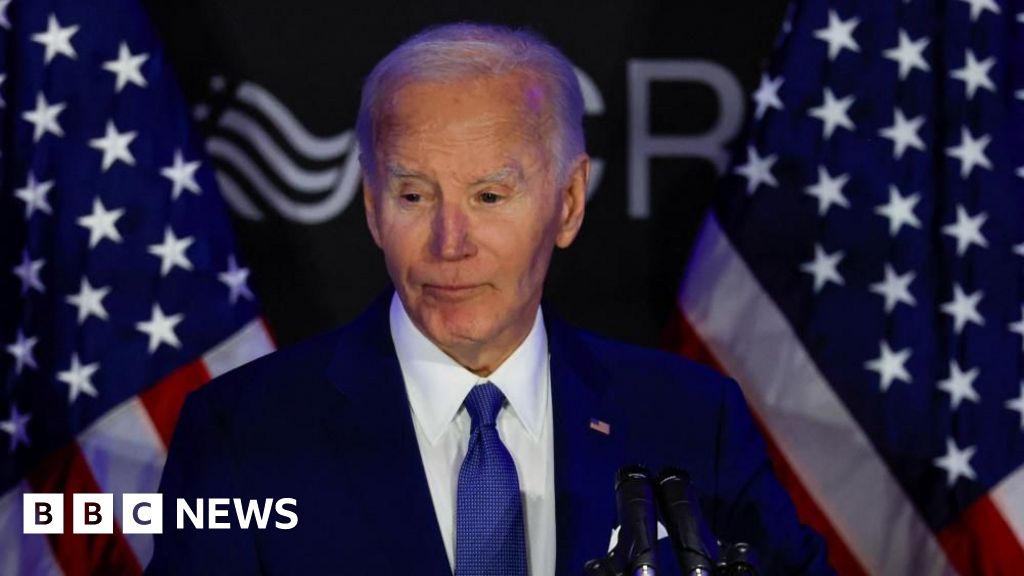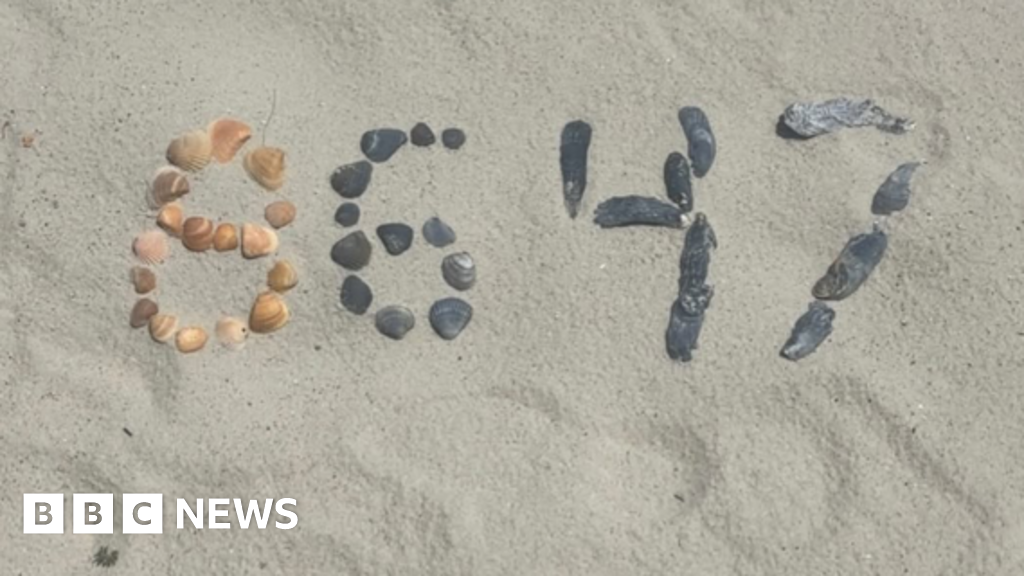ARTICLE AD BOX
For decades, Canada has cast itself as a country open to newcomers, with immigration policies tailored to boost its population, fill labour gaps and settle refugees fleeing conflict from around the world.
But in recent months, Prime Minister Justin Trudeau has said he intends to significantly cut the number of immigrants allowed in Canada as public concern grows over inaccessible social services, high costs of living and unaffordable housing.
It is a major shift for both the country and Trudeau, who ran in 2015 on a platform of embracing multiculturalism as a key part of Canadian identity.
His government has relied on ambitious immigration targets to fuel economic growth.
In the face of criticism and plummeting approval ratings, the prime minister now says that his government miscalculated, and that Canada needs to “stabilise” its population growth so that public infrastructure can keep up.
On Thursday, Trudeau and Immigration Minister Marc Miller presented their most stringent immigration cutbacks yet - a 21% reduction of permanent residents accepted into the country in 2025.
The announcement follows other cuts to Canada’s temporary resident programmes, which include temporary foreign workers and international students.
Explaining his shift in policy, Trudeau maintained that “Canadians are justifiably proud” of their immigration system.
“It has made our economy the envy of the world,” he said. “It’s how we build strong, diverse communities.”
But Trudeau admitted that his government “didn’t get the balance quite right” when it admitted a record number of temporary residents after the Covid-19 pandemic to ease labour shortages, and that there is now a need to “stabilise” Canada’s immigration system.
His announcement comes at the heels of dwindling public support for immigration in Canada.
- Trudeau announces sharp cuts to Canada's immigration targets
- Justin Trudeau's sinking popularity puts him on shaky ground
A September poll by Environics Institute, which has tracked Canadians' attitudes towards immigration since 1977, revealed that for the first time in a quarter century, a majority now say there is too much immigration.
The institute said these shifting attitudes are primarily driven by concerns over limited housing. But the economy, over-population, and how the immigration system is being managed were also cited as big factors.
In an October newsletter, Abacus Data pollster David Coletto said that the idea that "consensus around immigration is cracking is an understatement".
"I think that consensus is now broken and expect it to be one of the most salient issues in federal and provincial politics over the next year."
Canada has been largely welcoming to immigrants. Data shows it is a global leader in refugee resettlement, and the country has built a reputation in the last 50 years as one that values newcomers.
The Canadian Multiculturalism Act, passed in 1988, recognises diversity as an integral part of Canada’s identity. Its multicultural heritage is also protected in the constitution.
“Since the late 1990s or so, Canadian attitudes have been broadly pro-immigration,” Michael Donnelly, a professor of political science at the University of Toronto, told the BBC.
In 2019, a Pew Research report indicated that of 10 top migrant destination countries, Canada had the most positive view of immigration.
Professor Donnelly said that immigrants make up a large part of Canada’s electorate, which deters major political parties from adopting an anti-immigration stance.
Canada has also rarely faced troubles experienced elsewhere with uncontrolled migration - a benefit of its geography, being surrounded by three oceans and the US to the south - and its immigration system was seen by the public as open and well-regulated.
But these positive sentiments have changed in the last few years, Professor Donnelly said.
One reason is the unprecedented spike in temporary residents coming to Canada.
The number of international students grew nearly 30% from 2022 to 2023, according to the Canadian Bureau for International Education. Meanwhile, government data shows that the number of temporary foreign workers in Canada has doubled in the last five years.
Another factor is a growing sense that Canada’s immigration system has lost its integrity, Professor Donnelly said, partly due to miscalculations by the Canadian government.
Asylum claims spiked after Canada removed visa requirements for tourists from Mexico in 2016, forcing Canada to reimpose visa restrictions earlier this year.
Canadian media has also reported that some international students were using their temporary visa to claim permanent asylum in the country - a trend that Minister Miller called “alarming”.
Professor Donnelly said these incidents and others “have made people think that the government has lost control of the flow of immigration”.
All of these concerns, he added, are underlined by a housing crisis that has affected Canadians across the country, where a shortage of available homes has driven both rent and home prices up for many.
“People are going to see large numbers of (newcomers) coming in and housing shortages, and conclude that’s directly causal,” he said.
Professor Donnelly noted that while Canada has seen some racist rhetoric around immigration, Canadians' changing attitudes are not primarily driven by the sentiments seen in European countries or in the neighbouring United States.
Rather, it is fuelled by people’s desire to reign in Canada's immigration system.
"The Trudeau government is clearly trying to give an image of 'we have this under control'," Prof Donnelly said.

 6 months ago
25
6 months ago
25








 English (US) ·
English (US) ·